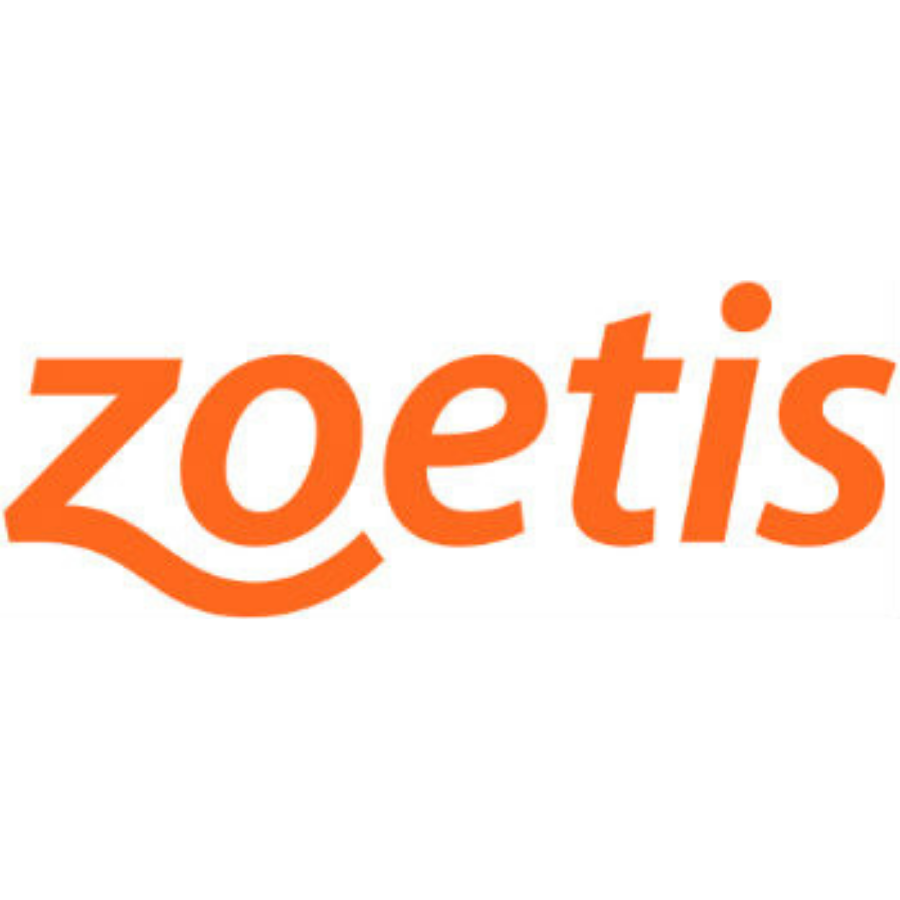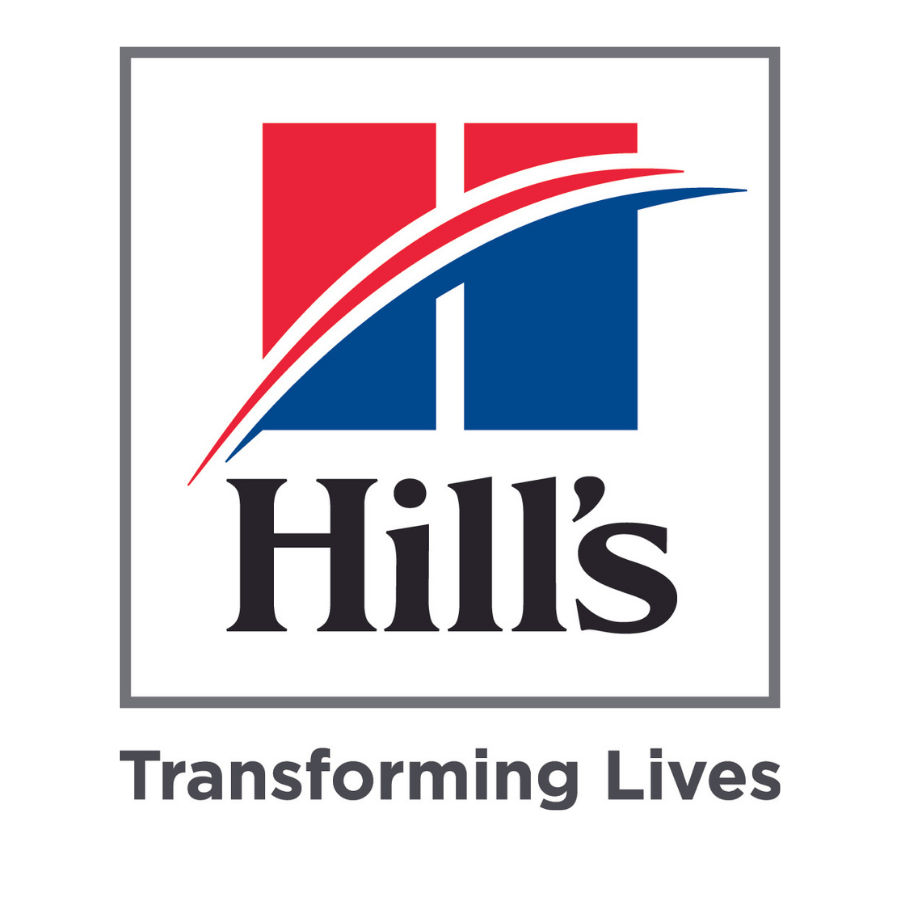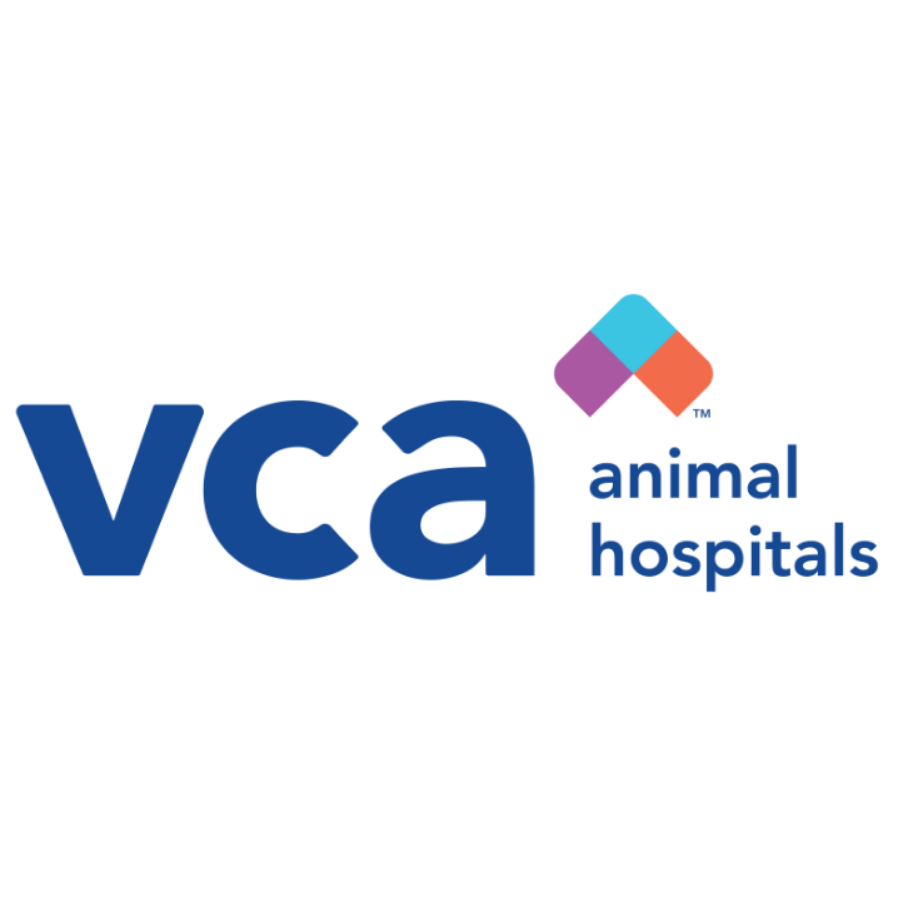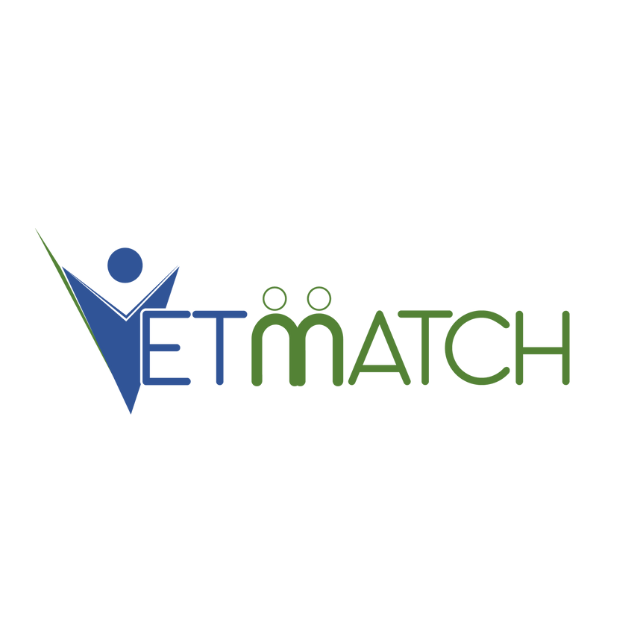Advocacy Center
CACVT wields a profound influence through its advocacy efforts, championing the welfare of both animals and veterinary technicians alike. Through strategic initiatives and collaborative partnerships, CACVT navigates the intricate landscape of legislation and policy to enact meaningful change in the field of veterinary medicine. By amplifying the voices of RVTs and promoting their essential role within the industry, CACVT elevates standards of care and fosters a culture of excellence and compassion.
The work CACVT does couldn't be achieved without the power of Colorado's 4000+ RVTs and without your membership dues. Because CACVT was formed not only to credential veterinary technicians, but to engage in activities to improve the business conditions of our members, we will work tirelessly to advocate on behalf of veterinary technicians. Keep scrolling to see what we've been up to!
Our broad public policy and advocacy goals include:
- Encouraging professional fulfillment through utilization and opportunity
- Empowering all RVTs to be an integral part of the veterinary healthcare team and treatment planning
- Inspiring personal and professional wellbeing to encourage a sustainable career path
November 2024 Ballot: Proposition 129 (formerly Initiative 145)
Establishing Veterinary Professional Associates
|
|
Position: Oppose
In 2023, CACVT published a formal position statement on the creation of a mid-level practitioner, which has been updated in light of Proposition 129.
|
Blue Book Information for Ballot
|
Proposition 129 in the News
Voters could create first midlevel veterinary role in US, VIN News, August 28, 2024.
Proposed ballot measure would create a position to ease pet care shortages and costs, but it faces opposition from veterinarian groups. CPR News, August 2, 2024.
Vets agree initiatives put Colorado pets, other animals, in danger. Opinion - Kelly Walsh, DVM. Colorado Politics, July 2, 2024.
"I'm a veterinarian and a lawmaker, don't let big businesses undermine pet care". The Denver Post Guest Contribution, June 12, 2024, via CVMA News.
Major policy fight takes place over veterinary care in Colorado. Colorado Politics, June 11, 2024.
2024: Legislative Session
|
|
Bill Link/Status/Sponsors
|
Brief Overview
|
CACVT Role/Additional Information
|
|
HB24-1047: Veterinary Technician Scope of Practice
Position: Support
Status: Passed, signed by the Governor
Sponsors: K. McCormick (D) | M. Catlin (R) / D. Roberts (D) | C. Simpson (R)
CACVT will stay engaged in the subsequent rulemaking process with the State Board of Veterinary Medicine. The State Board must promulgate rules regarding HB24-1047's delegation and supervision section by September 1, 2025.
|
HB 1047 clarifies the types of supervision and expands what RVTs and VTSs can do in identified areas of need such as dentistry, minor wound treatment, surgical incision closures, and the treatment of minor conditions. It allows for better utilization of RVTs and VTSs and provides important title protection for VTSs.
|
Learn all about the Vet Tech Scope of Practice HERE! Don't miss the downloadable task list.
CACVT worked to bring a wide range of organizations into the support coalition, including CVMA/AVMA, the animal agriculture groups, and the animal welfare groups.
|
|
HB24-1048: Providing Veterinary Services Through Telehealth
Position: Monitor
Status: Passed, signed by the Governor
Sponsors: K. McCormick (D) | M. Martinez (D)/ J. Ginal (D) | B. Pelton (R)
|
Concerning the provision of veterinary services through telehealth. The key point of this bill was to require an in-person visit to establish a VCPR. The animal welfare organizations strongly support a virtual VCPR and wanted to see that provision included in HB 1048. |
CACVT was neutral on HB 1048. |
|
HB24-1047: State Income Tax Credit for Veterinary Professionals
Position: Support
Status: Failed
Sponsor: K. McCormick (D)
|
Concerning a state income tax credit for qualified individuals in the veterinary field. |
This bill was brought forward to incentivize veterinary professionals to work in underserved or under-resourced areas. The bill passed the House Agriculture committee and out of House Finance, but the House Appropriations committee did not consider it, and it died on the calendar.
|
|






